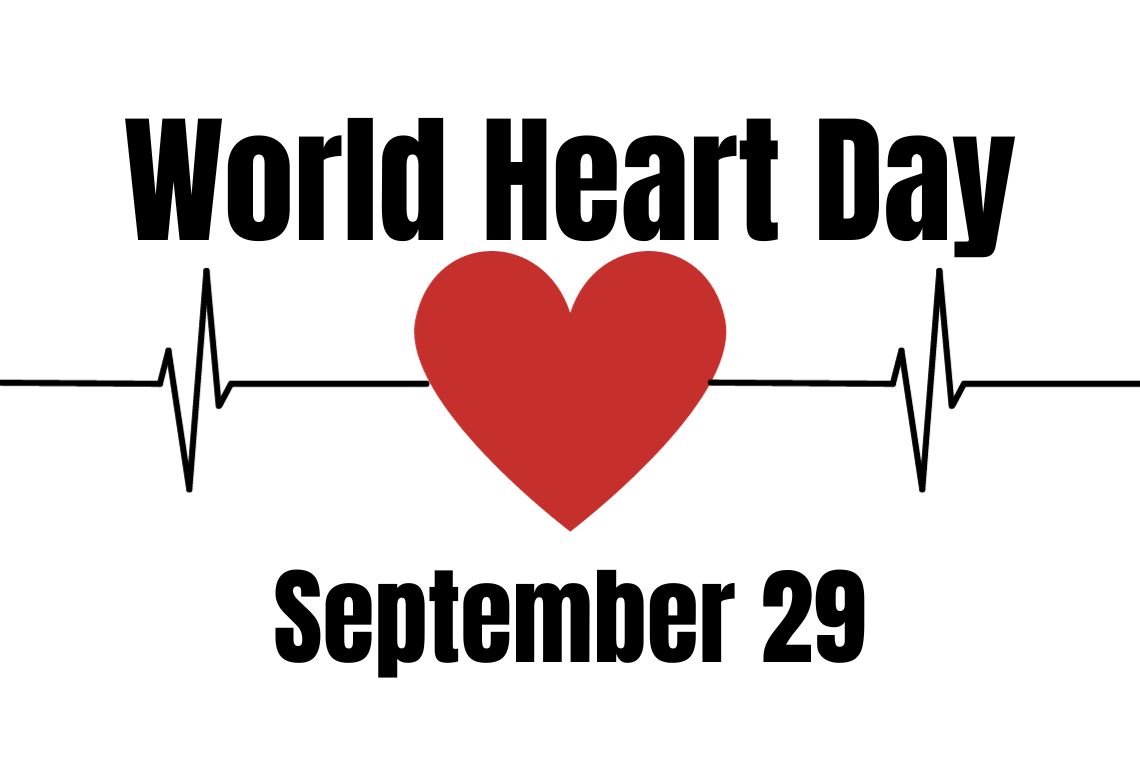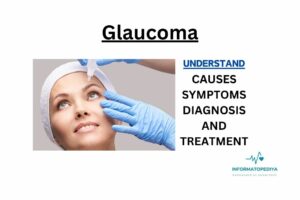
Table of Contents
World Heart Day: Prioritizing Cardiovascular Health on September 29
Introduction
World Heart Day, celebrated on September 29th each year, is a global initiative aimed at raising awareness about cardiovascular health and promoting heart-healthy lifestyles. Cardiovascular diseases (CVDs) remain the leading cause of death worldwide, accounting for nearly one-third of all global deaths. However, through education, lifestyle changes, and proactive healthcare, we can reduce the prevalence of CVDs and safeguard our hearts for a longer, healthier life.
The Importance of Cardiovascular Health
Cardiovascular health encompasses the well-being of the heart and circulatory system, which includes the arteries, veins, and capillaries. A healthy cardiovascular system is crucial for overall health and well-being as it ensures the efficient transport of oxygen and nutrients to the body’s cells and removes waste products. Any compromise in cardiovascular health can lead to a variety of serious conditions, including heart attacks, strokes, and heart failure.
The Global Burden of Cardiovascular Diseases
Cardiovascular diseases pose a significant global health challenge. They are responsible for a staggering number of deaths and disabilities, affecting people of all ages and backgrounds. According to the World Health Organization (WHO), an estimated 17.9 million people die from CVDs each year, representing 31% of all global deaths. Alarmingly, 85% of these deaths occur due to heart attacks and strokes, which are largely preventable.
Raising Awareness on World Heart Day
World Heart Day serves as a platform to raise awareness about the risk factors associated with cardiovascular diseases and the importance of adopting heart-healthy lifestyles. By increasing knowledge and understanding, individuals can take proactive steps to reduce their risk of CVDs and promote heart health within their communities.
Key Risk Factors for Cardiovascular Diseases
- Poor Diet: A diet high in saturated and trans fats, salt, and added sugars can increase the risk of heart disease.
- Physical Inactivity: Lack of regular physical activity can contribute to obesity and other risk factors like high blood pressure and high cholesterol.
- Smoking: Smoking damages blood vessels and greatly increases the risk of heart attacks and strokes.
- High Blood Pressure: Uncontrolled high blood pressure puts added strain on the heart and arteries, increasing the risk of CVDs.
- High Cholesterol: Elevated levels of LDL (bad) cholesterol can lead to the buildup of plaque in the arteries, increasing the risk of heart disease.
- Diabetes: People with diabetes have an increased risk of heart disease and stroke due to high blood sugar levels.
- Obesity: Excess body weight, especially around the waist, is a significant risk factor for heart disease.
- Excessive Alcohol Consumption: Heavy drinking can lead to high blood pressure, cardiomyopathy, and other heart-related problems.
- Stress: Chronic stress can contribute to heart disease by promoting unhealthy habits like overeating or smoking.
Promoting Heart-Healthy Lifestyles
The good news is that many of the risk factors for cardiovascular diseases are modifiable through lifestyle changes. Here are some key strategies to promote heart-healthy living:
- Adopt a Balanced Diet: Consume a diet rich in fruits, vegetables, whole grains, lean proteins, and healthy fats. Limit your intake of processed foods, sugary beverages, and excess salt.
- Stay Physically Active: Aim for at least 150 minutes of moderate-intensity aerobic exercise per week. Activities like brisk walking, swimming, and cycling can help improve cardiovascular health.
- Quit Smoking: If you smoke, seek support and resources to quit. It’s one of the most significant steps you can take to protect your heart.
- Manage Stress: Incorporate stress-reduction techniques such as meditation, yoga, deep breathing exercises, and mindfulness into your daily routine.
- Maintain a Healthy Weight: Achieve and maintain a healthy body weight through a combination of diet and regular physical activity.
- Limit Alcohol Intake: If you choose to drink alcohol, do so in moderation. For most adults, this means up to one drink per day for women and up to two drinks per day for men.
- Monitor Blood Pressure and Cholesterol: Regularly check your blood pressure and cholesterol levels. If they are elevated, work with your healthcare provider to manage them effectively.
- Manage Diabetes: If you have diabetes, keep your blood sugar levels under control through medication, diet, and exercise.
- Stay Informed: Continuously educate yourself about heart health and stay updated on the latest research and recommendations.
Preventing Cardiovascular Diseases
Prevention is at the core of World Heart Day. While genetics can play a role in heart disease, lifestyle choices and early interventions can significantly reduce the risk of developing cardiovascular diseases. Regular check-ups with a healthcare provider are essential for monitoring and managing risk factors. Additionally, public health initiatives and policies aimed at reducing tobacco use, improving access to healthy foods, and creating environments that encourage physical activity can have a profound impact on community-wide cardiovascular health.
Empowering Individuals and Communities
World Heart Day encourages individuals and communities to take charge of their cardiovascular health. Empowerment comes through education, awareness, and collective action. It involves:
- Education: Promoting heart health education in schools, workplaces, and communities to ensure that individuals have access to accurate information about heart disease prevention.
- Advocacy: Encouraging policymakers to prioritize public health initiatives that support heart health, such as creating smoke-free environments and improving access to nutritious foods.
- Community Engagement: Organizing local events and activities that raise awareness about heart health and encourage people to make positive lifestyle changes.
- Support Networks: Establishing support groups for individuals dealing with cardiovascular diseases or those looking to make healthier choices.
- Healthcare Access: Advocating for equitable access to quality healthcare, including preventive services and treatment for cardiovascular diseases.
Conclusion
On World Heart Day, we are reminded that the power to protect our hearts lies within ourselves. By prioritizing heart health through awareness, education, and lifestyle changes, we can reduce the burden of cardiovascular diseases on individuals, families, and communities worldwide. Together, we can make heart health a global priority and ensure that future generations enjoy longer, healthier lives free from the shackles of heart disease. This September 29th, let’s unite in our commitment to heart health, because a healthier heart means a healthier world.







Incredible story there. What occurred after? Thanks!
Your commitment to promoting a healthy online discourse is commendable.